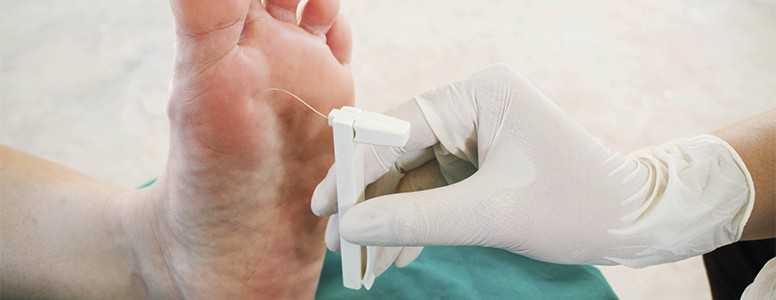A new phase II clinical trial has been announced which will assess the efficacy and safety of LGD-6972 for the treatment of type 2 diabetes.
LGD-6972 is a glucagon receptor antagonist developed by biopharmaceutical company Ligand Pharmaceuticals, which has already shown to have successful results in studies on rats.
Earlier this year, LGD-6972 lowered blood glucose levels in mouse models of type 1 diabetes and type 2 diabetes, and Ligand hopes the drug could be used to lower glucagon levels among type 2 diabetes patients, leading to lower blood sugar levels.
This new randomised, double-blind, placebo-controlled trial will enrol 148 subjects with type 2 diabetes who will be treated with one of three doses of the drug (5mg, 10mg or 15mg) or placebo for 12 weeks.
The researchers will primarily be assessing changes in HbA1c, but they’ll also monitor changes in insulin, glucagon and blood pressure, among other health markers.
The trial is expected to be concluded in late 2017, and Ligand Chief Executive Officer John Higgins is optimistic the findings will build upon previous phase I trials.
“We are pleased to be initiating the Phase II trial for LGD-6972 and to continue to build upon the dataset we’ve assembled for this important asset,” said Higgins.
“We look forward to obtaining data next year, and to potential future partnering of this asset, consistent with our shots-on-goal business model.”
Glucagon receptor antagonists are used to lower glucagon levels by lowering the production of glucose from the liver. Ligand believes that the preliminary safety profile of LGD-6972 could mean it has the best in-class properties in lowering blood glucose levels in type 2 diabetes patients.







